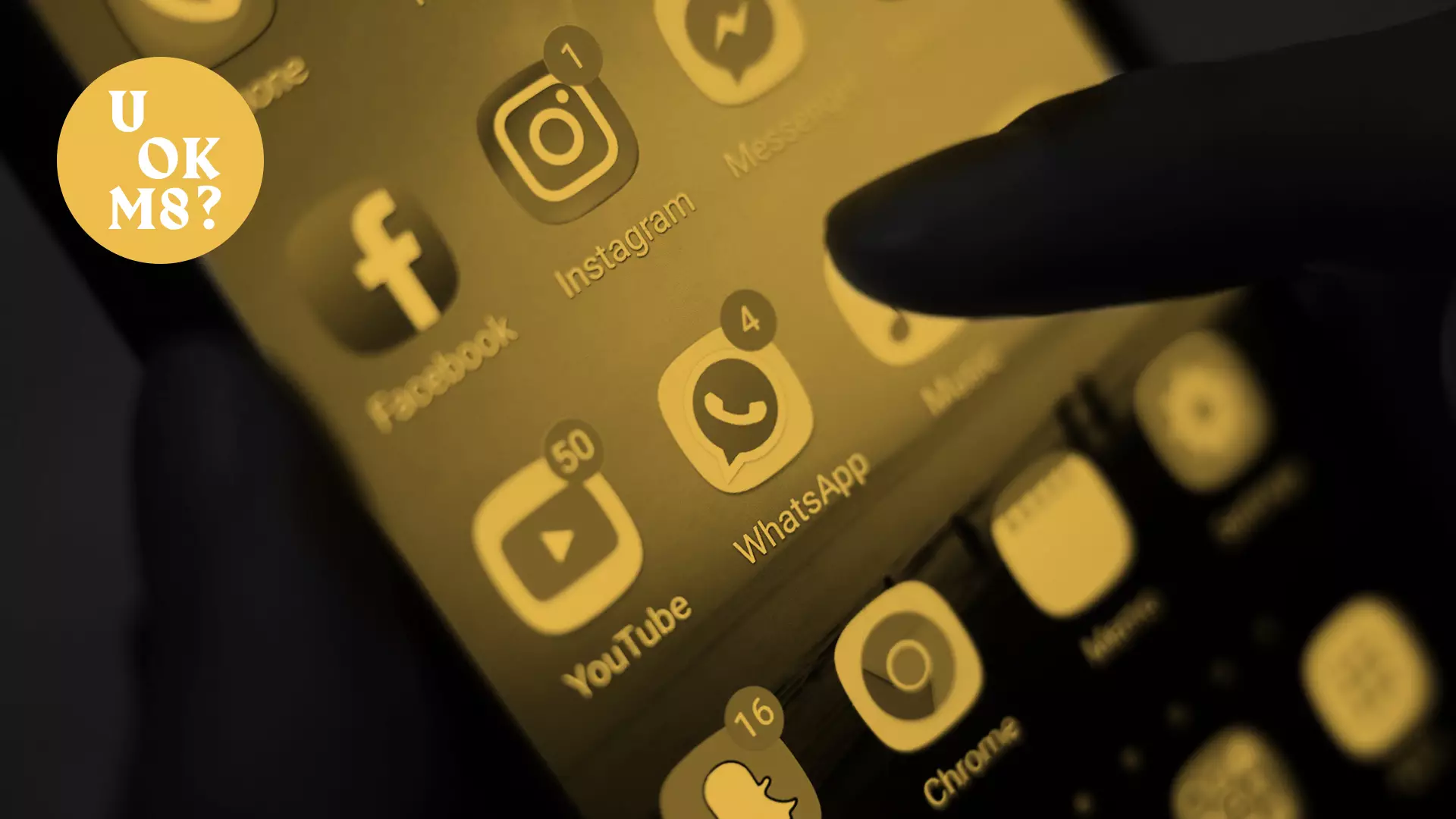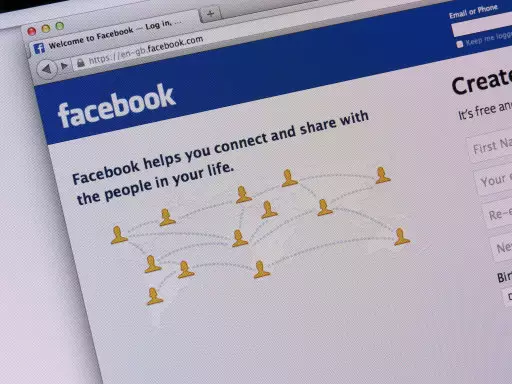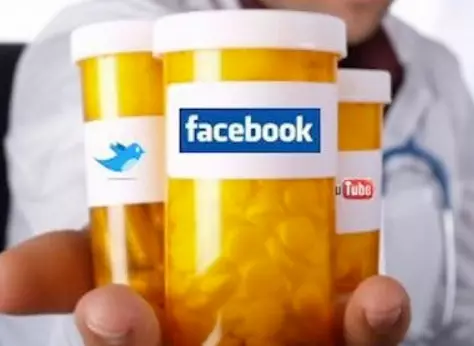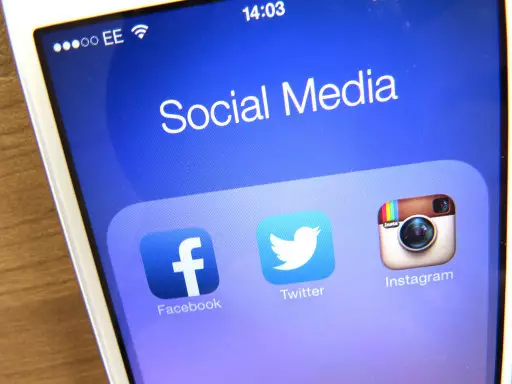
I think most of us could fess up to having used hyperbole when we express our feelings toward social media at some point. I'm sure everyone has been left 'depressed' at the state of their Facebook feed or 'depressed' at the quality of humour of some Viners. But from our snobby, cynical position, it's a passing comment. We know we are not in any true sense depressed. But what about those who have actually had their mental health affected by the world of social media, though? Those who aren't just exaggerating for laughs and likes?
In theory, social media should do wonders for those feeling inadequate, lonely or isolated in the world. Sites like Twitter, Instagram and Tumblr serve as a stage in which we always write the script and control the narrative of our lives in a way that we can't really do in the seemingly chaotic, dress rehearsal of real life.

Advert
Credit: PA
Yet in truth, social media encourages you to compare your appearance and achievements (or lack thereof) with other people's. Social media's ever-glowing presence and persistence crudely interrupts conversation, dinners, movies, music, anything really. Social media is the last thing you see before go to bed and the first thing you see when you wake up, and you hate yourself for it.
Well, if you're annoyed at it so much, why not just stop using it? Why not throw your iPhone straight into a cement mixer and be done with it? Such a solution, the most common and sensible - if a touch thick - should stop those getting Stockholm Syndrome with Snapchat, but it doesn't. By binning it off altogether you're simply replacing one extreme with another, as well as branding yourself the most boring, sanctimonious Luddite in your squad. If you quit something as major a player in modern times as a smartphone cold turkey, you're open to feeling what some call FOMO - the fear of missing out.

Advert
Credit: Weebly
Pre drinks, leavers' drinks, this house party, that Jungle night; Noah's Christening, Adam's bar mitzvah. You name it, you're probably missing out. Missing out on the all inevitable memories that are going to be carved from the occasions you miss when you put your phone away when walking around the Tate. And you know your mates have all had a great time, because there's 82 photos that've been uploaded to Facebook saying so.
It is quite bad, isn't it, seeing a person referencing some moment or quote from a night you weren't and never will be present at? Still, you have to remember it could've been bad. How many bad nights out have you eulogised to your mates out of embarrassment? As I was getting at before, people portray themselves in their best self online, even if it doesn't ring true face-to-face.
If you've built something up so much online to your friends or followers, you'd look a bit stupid not to conclude all your anticipative statuses with one big payoff. And no-one's going to exactly write a 200-word post lamenting the poor quality of some event. So we lie. We lie loads.
Advert
Back in 2012, a team of UK researchers found that 53% of social media users surveyed had changed their behaviour. 51 percent admitted it was mostly negative behaviour fuelled by the showy profiles of others.

Credit: PA
And then there's cyberbullying, the ultimate shitstain of the web. Enough is Enough, http://enough.org/ an organisation seeking to help those on the receiving end of troll hatred, conducted a survey that found 95% of teenage social media users have witnessed cyberbullying, 33 percent of whom have been victims.
Advert

Credit: Milo
Sites like Ask.fm, where members are set questions by anonymous indulgers, almost exclusively necessitated online taunting in the past, and it lead to the tragic suicides of over a dozen teenagers. Today, you have Curiouscat.me. Same set-up, same risk-factor.
Though, social media has been a force for good in a few ways. It's made us voracious consumers of written and digital content (it could be argued younger people are in fact reading more than ever nowadays). It's matured us into multitaskers capable of switching between different mediums at any given time. Social media can act as a friend who never lets you down, who's always on-hand for anything you want. That could be sharing a meme with a mate, or completely spilling out your neuroses to a loved one. It could be taking a selfie with a dog filter or reading something on the New Statesman.
Advert
To bore you with that terribly mundane word we've all come to loathe, moderation is key. Moderation will make sure that you get your fix of social media without sinking too far into the depths of Troglodyte comment section dweebs, and that you get your therapeutic breaks without wanting to burn down the entire park you're walking around on your bid to avoid hashtags at all costs.
If you feel the social media world in which we live is affecting your mental health, there are places where you can reach out.
Be brave. Talk about it.
UOKM8? is a campaign by LADbible, featuring films and stories that provide advice and inspiration on mental health.Explore more here and don't suffer in silence. Let's talk mental health.
MIND: 0300 123 3393.
Samaritans: 116 123.
CALM: Outside London 0808 802 5858, inside London 0800 58 58 58.
Topics: UOKM8